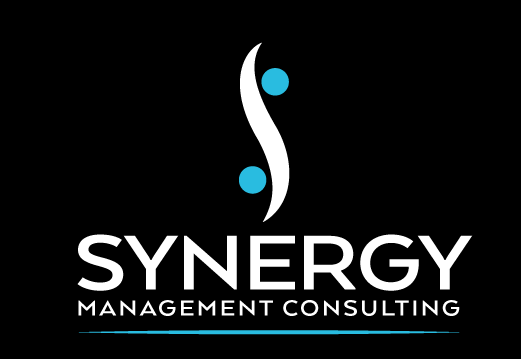Corporate Development
CONSULTING
We are available on a contract basis to assist you with any of the following:
CEO & Entrepreneur Peer to Peer Advisory Forums
Business Plans
Coaching & Mentoring
Virtual CEO
Marketing Plans
Marketing Strategies
Corporate Image & Branding
Design and Product Development
Packaging and Fulfilment
Collateral Material Design & Development
Events / Tradeshows
Promotions
BUSINESS PLANS
A business plan is a document that summarizes the operational and financial objectives of a business and contains the detailed plans and budgets showing how the objectives are to be realized.
The business plan is the blueprint for your business. You wouldn’t walk over to an empty lot and just start nailing boards together if you wanted to build a house. Yet unlike a house, a business isn’t static. We often make the mistake of thinking of a business plan as a single, static document that you just put together when you’re first starting out and then set aside.
In actuality, the business plan for any business will change over time as the business develops, and any particular business may have multiple business plans as its objectives change.
Here are five good reasons why you should have a business plan:
1) FEASIBILITY
Writing a business plan is the best way to test whether or not an idea for starting a business is feasible, other than going out and doing it. In this sense, the business plan is your safety net; writing a business plan can save you a great deal of time and money if working through the business plan reveals that your business idea is untenable. Often, an idea for starting a business is discarded at the marketing analysis or competitive analysis stage, freeing you to move on to a new (and better) idea.
2) SUCCESS
Writing a business plan will ensure that you pay attention to both the broad operational and financial objectives of your new business and the details, such as budgeting and market planning. Taking the time to work through the process of writing a business plan will make for a smoother startup period and fewer unforeseen problems as your business becomes established.
3) FINANCING
You’re going to need both operating and startup capital to start a new business and you have no hope of getting any money from established financial institutions such as banks without a well developed business plan. And established businesses often need money, too, to do things such as buy new equipment or property, or because of market downturns. Having a business plan gives you a much better chance of getting the money you need to keep operating or to expand.
4) MANAGING
A business plan is essential if you’re thinking of starting a business, but it’s also an important tool for established businesses. Viable businesses are dynamic; they change and grow. The company’s original business plan needs to be revised as new goals are set. Reviewing the business plan can also help you see what goals have been accomplished, what changes need to be made, or what new directions your company’s growth should take.
5) INVESTORS
Whether you want to shop your business to venture capitalists, or attract angel investors, you need to have a solid business plan. A presentation may pique their interest, but they’ll need a well-written document they can take away and study before they’ll be prepared to make any investment commitment.
Be prepared for your business plan to be scrutinized; both venture capitalists and angel investors will want to conduct extensive background checks and competitive analysis to be certain that what’s written in your business plan is indeed the case.
Writing a business plan is time-consuming, but it’s essential if you want to have a successful business that’s going to survive the start-up phase. If your business doesn’t have one, maybe it’s time to start working on one. The process of writing a business plan can be onerous if you don’t seek professional help.
EXPANSION
SYNERGY CMC analyses all areas of your Existing Business to help you determine your long term goals and objectives, and help you to overcome obstacles.
We compare management vision to actual direction and vision of organization. Evaluate operational efficiency. Measure attitudes and moral. Audit customer attitudes regarding products, services and competition. Identify organizational imbalances and incongruity in departmental relationships. Review financial controls. Evaluate funding in relation to goals and objectives. Review financial and management reports. Review financial practices benchmarks. Assess whether financial systems are delivering meaningful information in a timely manner. Review the ability of computer programs and equipment to achieve financial goals. Assess the level at which the company is taking advantage of financial risk reduction instruments. Review and evaluate personnel systems and programs. Screen and identify sources of reduced organizational performance. Evaluate management effectiveness. Evaluate management and staff levels of accountability.
SYNERGY CMC accomplishes this through the following method:
INFORMATION SOURCE:
Surveys
Interviews
Historical information
Research
COMPARE AND CONTRAST:
General Management
Operations
Finance
Marketing
Sales
Customer Satisfaction
THE PROCESS:
Compiling & organizing data
Develop Summary report
Prepare & Deliver Presentation
Determine process for growth
Align organization and corporate vision
Meet and/or exceed goals
After a complete analysis has been done, the next process is to determine and implement the appropriate method of expansion desired; New Products or Services, New Markets, Additional Locations or Franchising.
Our trained Management Consultants will design and implement a program specifically created for Your Business Expansion. Through our vast financial network we can also assist in acquiring funding for your Expansion plans.


